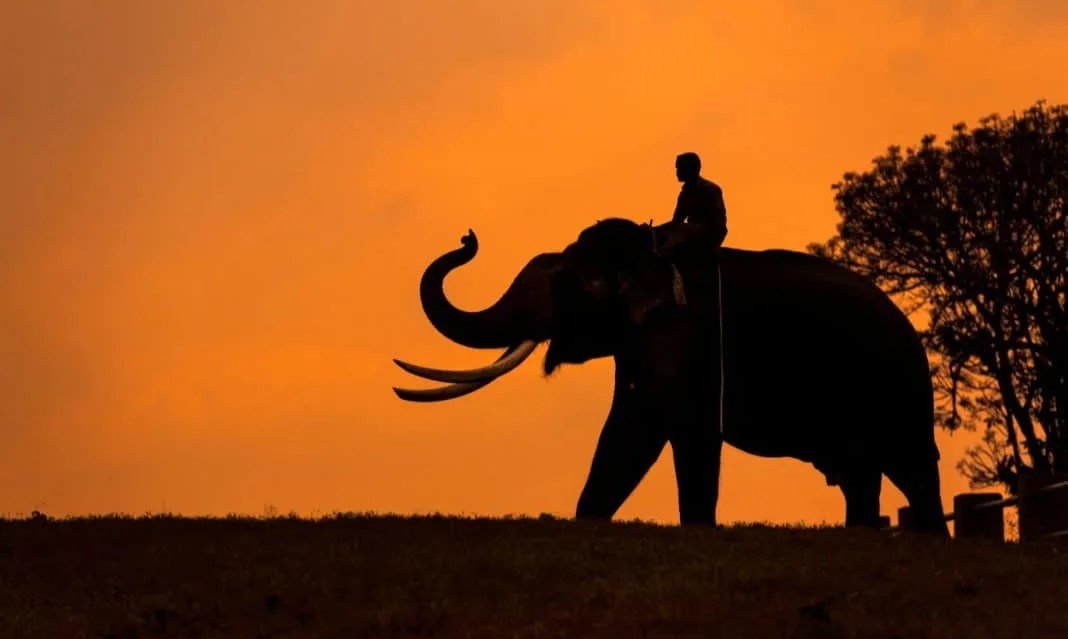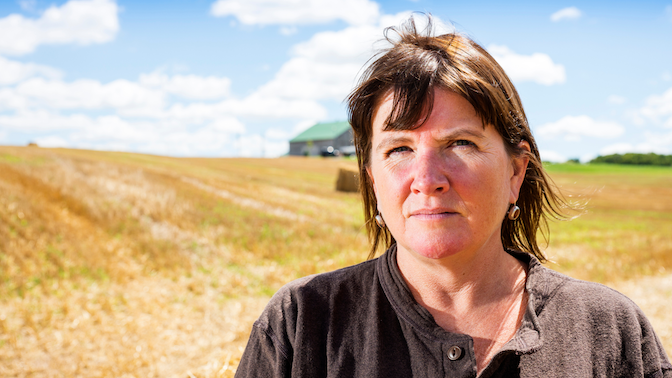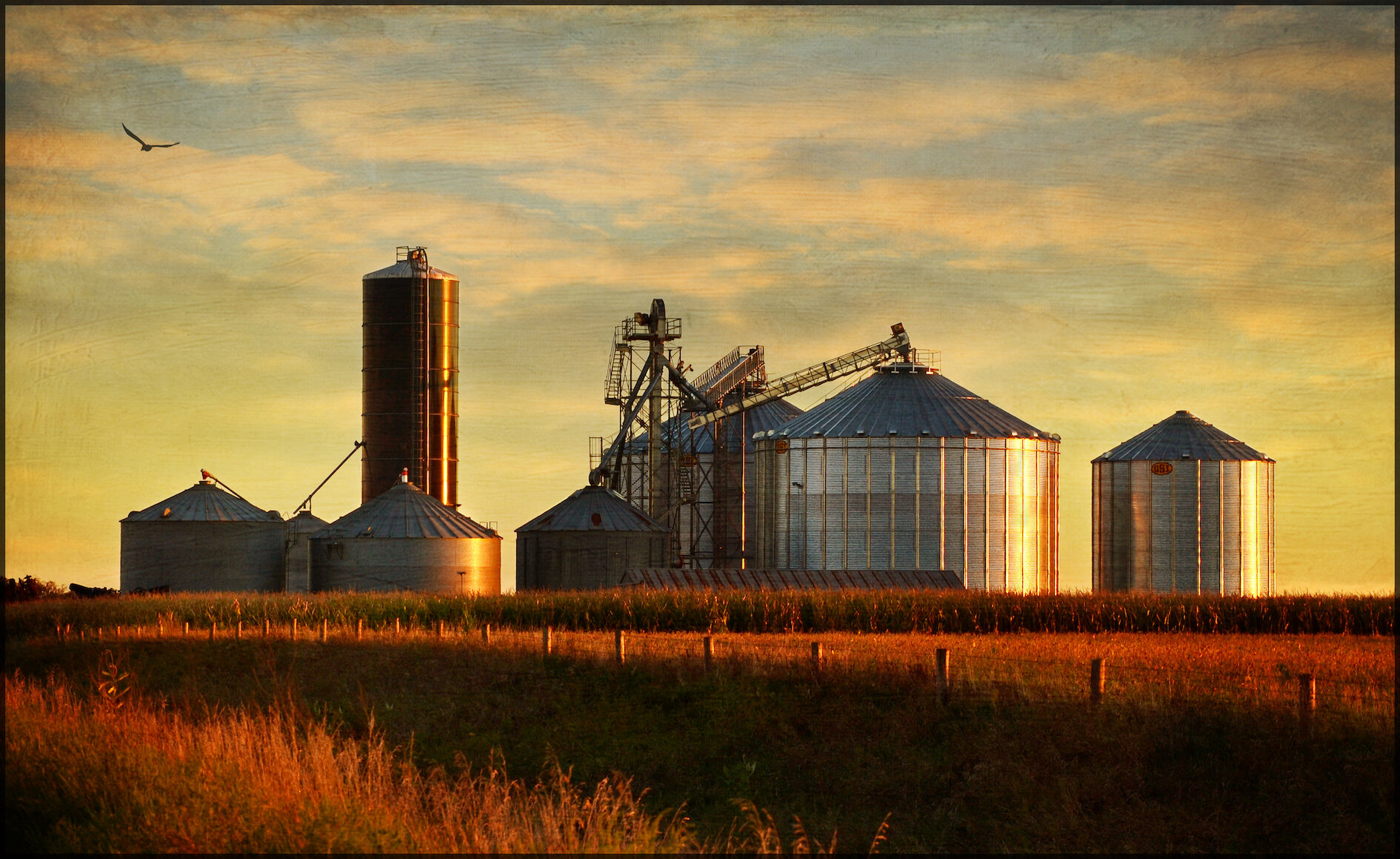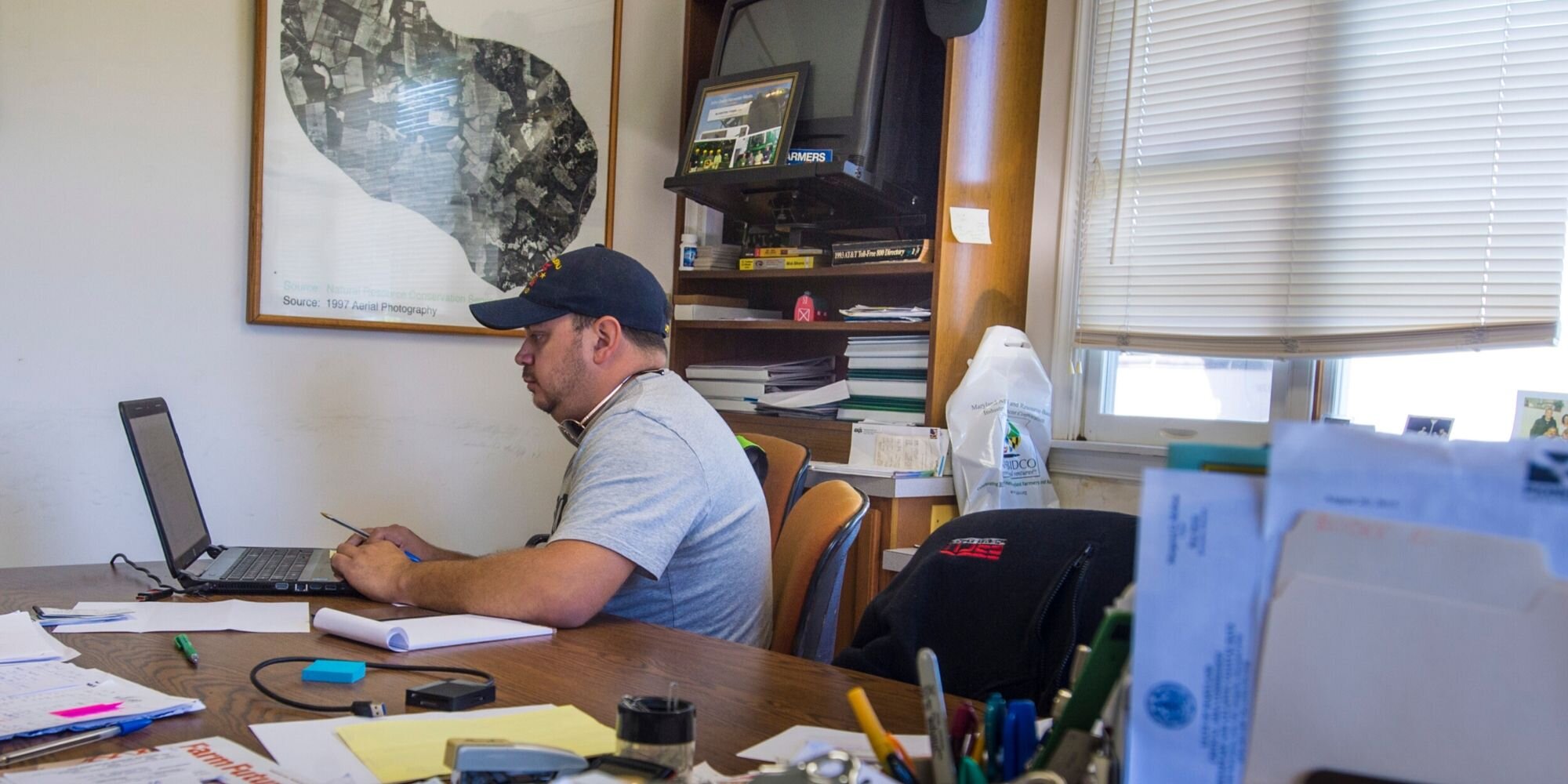Re-Framing Agri-Marketing
Article #3 of 7 in “REFRAMING AGRIMARKETING”
This blog post is part of a series originally posted with Quarry Integrated Communications.
Most agrimarketers know just enough about their customers to be dangerous.
Don’t get me wrong, most ag marketers know and care about farmers and farming. But just do a Google image search on “American farmer” and you’ll see a pretty homogenous gallery of baseball and cowboy hats, families, farm animals and crops, and equipment.
It’s a gallery that pretty much reflects how most of us view farmers. Yet we know that there’s a much richer emotional and intellectual landscape there. It’s part of the bias we bring to work everyday.
We need to think of our customers as diverse people who farm, not as rigidly stereotyped “farmers.”
Even those of us who are farmers or come from farm families can carry a bias. I was in a client brainstorming session where one marketer kiboshed a mobile marketing campaign because her brother-in-law, a row-crop producer, didn’t own a smartphone. This, despite data that says more and more of our customers use smartphones.
We need to look for ways that our customers break our assumptions, not reinforce them.
In an earlier post [link to farmer not farm post], I discussed how we need to move beyond our reliance on farm data that are easy to collect to collecting data that’s meaningful. And I admit that’s no small feat. What is meaningful when it comes to understanding our customers? (And who on the farm is our customer [link to who’s who post] any way?) I suggest that talking to our customers directly would be a good place to start. For a deep dive on understanding how we as marketers often misunderstand our own customer knowledge, take a look at this paper written by my colleague, Glen Drummond.
We need to look not just for differences between customers, but the differences that make a difference between customers.
It’s time to see our customers from a new perspective, through a new lens. If we want to be more customer centric we need a rich, robust framework for understanding them first. And that journey needs to start now.
"Insanity: doing the same thing over and over again and expecting different results."
Albert Einstein
If this series of posts has piqued your interest in understanding farmers in a new way, I invite you to contact me, formally or informally. I love agriculture and I’m always delighted to talk to, and learn from, people who share this passion — Maurice










